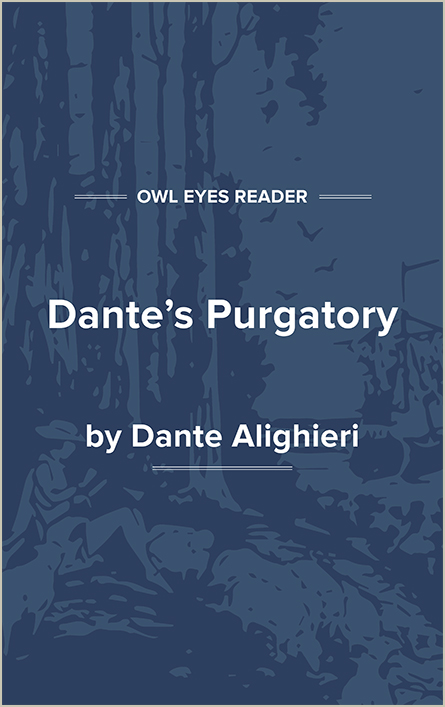Dante Alighieri Biography
Article abstract: Dante’s The Divine Comedy, written in vernacular Italian terza rima, synthesizes classical and medieval thought in a confessional format which is at once universal and intensely personal.
Early Life
A welter of legend surrounds the life of Dante, author of the tripartite masterpiece La divina commedia (c. 1320; The Divine Comedy). Still, certain facts are clear. His neighbor Giovanni Villani wrote a brief sketch, and Giovanni Boccaccio wrote a eulogy which appeared sometime after Dante’s death. These accounts agree on a birth date in May of 1265. His family had had noble origins at least several generations before Dante’s birth, and their surname was originally Alagherius or Alaghieri. Dante’s own name is a shortened form of Durante. His mother died during his childhood, and his father, who remarried, died in 1283. Dante had two sisters (one a half sister named Tana from his father’s second marriage) and a half brother named Francesco. Although his family was nominally ennobled, it was neither rich nor especially prominent.
By all accounts, Dante’s early life was a happy one. His family recognized the value of education and sent him to an elementary school run by the Dominicans and subsequently to the school of Santa Croce. He read both Provençal and Italian poets during these early years and acquired a knowledge of metrics entirely on his own. His readings gave him vivid impressions of country as well as city life; he also enjoyed art and practiced drawing.
Florence was the center of the literary and artistic world in the late Middle Ages, and the city continued to flourish during the Renaissance. It was during these transitional years that the young Dante and those with whom he associated lived there. The poet Guido Cavalcanti, although Dante’s senior, became “the first among [his] friends,” as Dante records in La vita nuova (c. 1292; Vita nuova, 1861; better known as The New Life), and his literary adviser. In the Inferno’s circle of Epicureans, Guido’s father Cavalcante de’ Cavalcanti learns of his son’s death in one of the canticle’s most poignant scenes. Guido was a man of his times in every sense; he disliked classical verse in general and Vergil’s poetry in particular, primarily because of its imperialism and religious piety.
Brunetto Latini, a scholar and author of a French prose encyclopedia called Li Livres dou tresor (1266; the books of treasure), was another important influence on Dante. Much conjecture surrounds Dante’s placing his mentor among the Sodomites of the Inferno. The best explanation, cogently argued by John Freccero, is that Dante came to recognize the pridefulness a comprehensive encyclopedia of knowledge implies and realized, as had Saint Augustine, that one could be seduced by glib language.
Practically nothing is known about the musician Mario Casella aside from Dante’s affection for him—and that he serenades the Pilgrim Dante and the penitents in the Purgatorio and shaped Dante’s love of music. Casella died sometime before 1300, the year in which The Divine Comedy is set. Not much more can be said of Dante’s contemporaries the poets Lapo Gianni and Cino da Pistoia, except that they saw themselves as the vanguard of new poets who would change the character of Italian verse.
Life’s Work
The literary ferment of Dante’s time was matched and exceeded by political instability and violence, and Dante found himself thrust into this atmosphere. Florence was an essentially independent municipality controlled by its trade unions and intense partisan interests. In 1289, Dante, a young poet married for several years to Gemma Donati, participated in the Battle of Campaldino, fighting against the rival town of Arezzo. His wife was a fourth cousin of Corso and Forese Donati, perhaps of the same family as the Buoso degli Abati of the Inferno; certainly, however, Corso Donati was an infamous leader of the Florentine political faction known as the “Blacks.” Dante and his...
(The entire page is 2,242 words.)
Owl Eyes subscribers get unlimited access to our expert annotations, analyses, and study guides on your favorite texts. Master the classics for less than $5/month!

